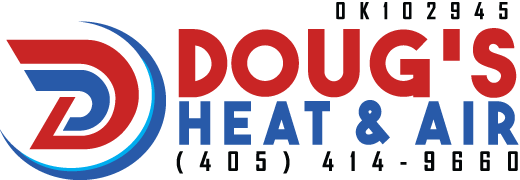Frequently Asked Questions
How often should I have my HVAC system serviced?
It’s recommended to have your HVAC system professionally serviced at least once a year. Ideally, it’s best to schedule maintenance before the start of the cooling or heating season.
What is included in an HVAC maintenance service?
HVAC maintenance typically includes tasks such as cleaning or replacing air filters, inspecting and cleaning components, lubricating moving parts, checking refrigerant levels, and testing system performance.
How long does an HVAC system typically last?
The lifespan of an HVAC system can vary depending on factors such as the quality of the system, maintenance practices, and usage. On average, a well-maintained HVAC system can last between 15 to 20 years.
What are the signs that indicate my HVAC system needs repair?
Common signs of HVAC system issues include uneven heating or cooling, frequent cycling on and off, unusual noises, poor airflow, foul odors, and sudden spikes in energy bills. If you notice any of these signs, it’s best to contact a professional for inspection and repairs.
Can I perform HVAC repairs myself?
HVAC systems are complex, and it’s generally recommended to hire a professional HVAC technician for repairs. They have the knowledge, experience, and specialized tools to diagnose and fix issues safely and effectively.
How can I improve the energy efficiency of my HVAC system?
To improve energy efficiency, you can regularly clean or replace air filters, ensure proper insulation in your home, use a programmable thermostat, seal air leaks, and schedule regular maintenance to keep the system running optimally.
What size HVAC system do I need for my home?
The size of the HVAC system depends on factors like the square footage of your home, insulation levels, ceiling height, and climate. It’s best to consult with an HVAC professional who can perform calculations and recommend the appropriate system size for your specific needs.
How often should I change my air filters?
It’s generally recommended to change or clean your air filters every 1 to 3 months, depending on factors such as the type of filter, the level of indoor air pollutants, and the presence of pets or allergies.
Can HVAC systems improve indoor air quality?
Yes, HVAC systems can help improve indoor air quality. Upgraded filters, air purifiers, and proper ventilation systems can reduce airborne pollutants, allergens, and contaminants, providing cleaner and healthier indoor air.
What should I do if my HVAC system is not cooling or heating properly?
If your HVAC system is not cooling or heating properly, you can start by checking the thermostat settings, ensuring proper airflow and ventilation, and changing the air filters. If the issue persists, it’s advisable to contact an HVAC professional to diagnose and resolve the problem. Remember, HVAC systems can have unique features and requirements, so it’s important to consult with a qualified HVAC technician or service provider for personalized advice and solutions based on your specific system and needs.

